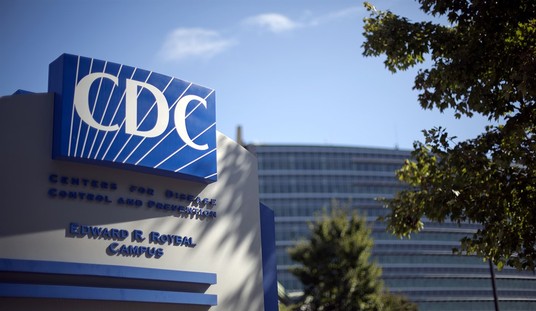If you already saw yesterday’s NYT report on IRS abuses against small business owners, skip this first excerpt and go on down to the second one. Everyone else, read on:
For almost 40 years, Carole Hinders has dished out Mexican specialties at her modest cash-only restaurant. For just as long, she deposited the earnings at a small bank branch a block away — until last year, when two tax agents knocked on her door and informed her that they had seized her checking account, almost $33,000.
The Internal Revenue Service agents did not accuse Ms. Hinders of money laundering or cheating on her taxes — in fact, she has not been charged with any crime. Instead, the money was seized solely because she had deposited less than $10,000 at a time, which they viewed as an attempt to avoid triggering a required government report.
“How can this happen?” Ms. Hinders said in a recent interview. “Who takes your money before they prove that you’ve done anything wrong with it?”
I’m sure the White House thinks there’s not a whiff of a hint of a scintilla of scandal in all this, but it doesn’t take a paranoiac to detect a similarity between this and the IRS persecution of conservative groups. In one case, they go after grassroots organizations incapable of defending themselves, and in the other they go after small businesses incapable of defending themselves. The former is political, the latter is fiscal — but what is to be done?
Read on and learn:
On Thursday, in response to questions from The New York Times, the I.R.S. announced that it would curtail the practice, focusing instead on cases where the money is believed to have been acquired illegally or seizure is deemed justified by “exceptional circumstances.”
Richard Weber, the chief of Criminal Investigation at the I.R.S., said in a written statement, “This policy update will ensure that C.I. continues to focus our limited investigative resources on identifying and investigating violations within our jurisdiction that closely align with C.I.’s mission and key priorities.” He added that making deposits under $10,000 to evade reporting requirements, called structuring, is still a crime whether the money is from legal or illegal sources. The new policy will not apply to past seizures.
In other words, we’re expected to trust the IRS and its newfound judgement, and previous victims like Carole Hinders will get no relief.
Well, I believe half of that.
The only cure for this rot is the repealing the income tax amendment and abolishing the IRS.
Fair Tax, here we come.










Join the conversation as a VIP Member